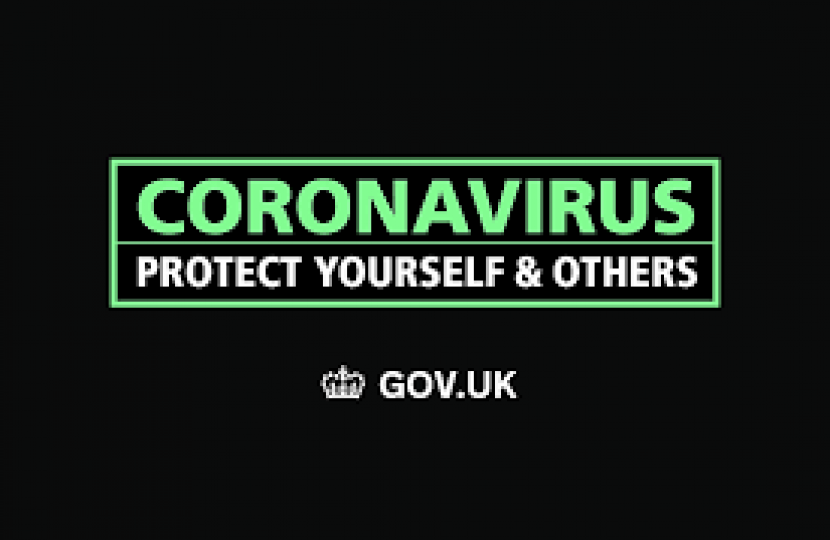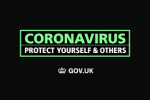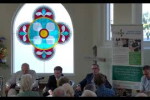
A new package will ensure those self-isolating have the financial support they need, while those breaching self-isolation rules receive appropriate fines.
A new payment of £500 will be offered to those on lower incomes who are forced to self-isolate from 28th September, cannot work from home and have lost income as a result. Self-isolation is one of the most powerful tools for controlling the transmission of Covid-19, and this new Test and Trace Support payment of £500 will ensure that those on low incomes are able to self-isolate without worry about their finances.
Just under 4 million people who are in receipt of benefits in England will be eligible for this payment. Local Authorities will be working quickly to set up these self-isolation support schemes and we expect them to be in place by 12 October. Those who start to self-isolate from 28 September will receive backdated payments once the scheme is set up in their Local Authority.
This financial support comes as the government places a legal requirement on people to self-isolate when instructed to by NHS Test and Trace and introduces tougher fines for breaking the rules.
New fines for those breaching self-isolation rules will start at £1,000 – bringing this in line with the penalty for breaking quarantine after international travel - but could increase to up to £10,000 for repeat offences and for the most egregious breaches, including for those preventing others from self-isolating.
For example, business owners who threaten self-isolating staff with redundancy if they do not come to work may receive this higher fine, sending a clear message that such behaviour will not be tolerated.
A number of steps will be taken to make sure that people are complying with the rules, these include:
- NHS Test and Trace call handlers making regular contact with those self-isolating, with the ability to escalate any suspicion of non-compliance to Local Authorities and local police;
- Using police resources to check compliance in highest incidence areas and in high-risk groups, based on local intelligence;
- Investigating and prosecuting high-profile and egregious cases of non-compliance; and
- Acting on instances where third parties have identified others who have tested positive, but are not self-isolating.


